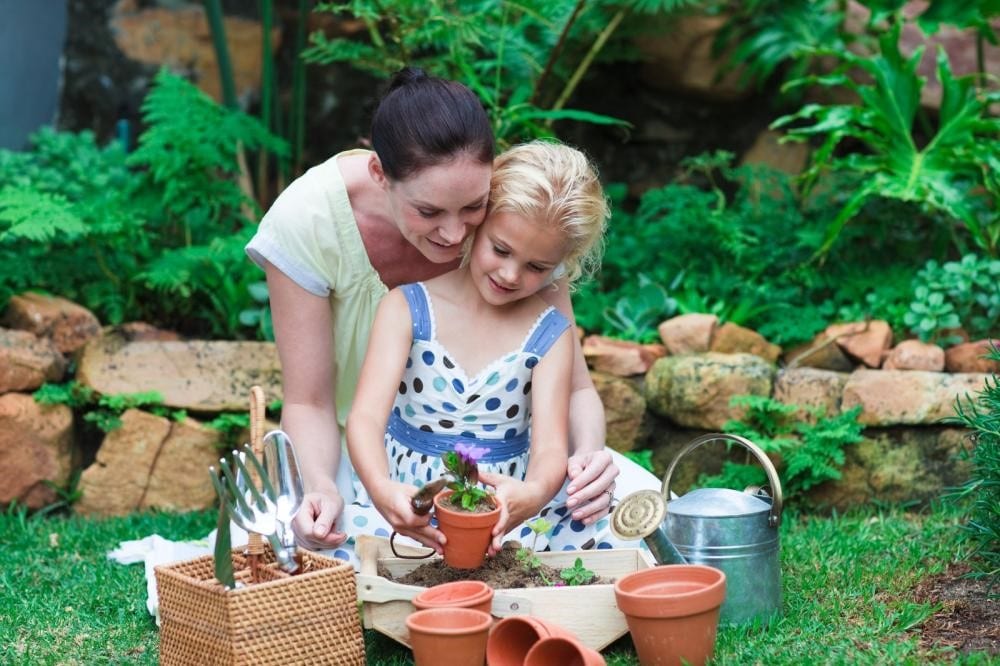If you are looking for easy yet effective homeschooling techniques and are somewhat anxious about playing substitute teacher for your kids for the next few weeks, or possibly months, you are definitely not in the minority.
The Problem for Parents
School closures due to COVID-19 have caught millions of parents off-guard. People who were accustomed to sending their children to learning institutes are now suddenly tasked with educating them at home. Maine parents are no different.
According to Maine’s education commissioner, classrooms would remain closed for the rest of the academic year, and parents must ensure that their children cover the appropriate curriculum during the said tenure.
The Solution
Whether you have got a toddler or a teen, the transition to homeschooling can be daunting, to say the least.
It is unfamiliar territory, and you need to navigate it successfully at a time when you might already be faced with challenges on your own, what with all the disrupted job routines and work from home advisory.
Designing a curriculum to teach your little one’s math, science, geography, and whatnot can surely take a lot of time. Plus, the constant pressure of keeping these ever-so-energetic beings entertained can make you yearn to run for the hills.
But it does not have to be that way.
You can easily turn self-quarantine into quality time with your kids via a simple yet highly fun and productive homeschooling opportunity that child development experts have been urging parents to avail for years.
Gardening.
Benefits of Gardening as a Homeschooling Technique
Gardening is one of the most powerful tools for developing a range of skills in your kids while teaching them different concepts related to science, arts, home economics, and more.
It serves as both a mental and physical exercise as it provides the perfect combination of tasks that address your child’s intellectual and physiological abilities.
Carrying tools, digging holes, sowing seeds, and watering plants all strengthen their fine-motor skills as they practice object control.
If your kid is well past the young age where building locomotor skills is an essential part of child development, you can move on to more complex gardening activities. For example, you can include pruning if you are confident that they can handle the shears safely. Or better yet, you can do some stonework and landscaping together.
You can make a raised stone bed or something more elaborate like a water fountain. Or perhaps even your own mini waterfall. The options are many.
Whatever your choice is, decorative stonework or hardscaping not only serves as a good workout for you and your kids alike but also provides sensory stimulation as it puts their creativity and physical strength to test.
Here are some more ways in which gardening with your kids lets you teach them different subjects without compromising on the fun factor.
- Reading/ Writing: Gardening can enhance your child’s literacy skills. Encourage them to read the plant information on seed packages or do an online search for learning additional tips and tricks for looking after the plants growing in your garden.
- Geography: Another reading/ writing activity that incorporates geographical concepts could be to create a map of your backyard. Label what plants are growing where. Or study the temperature and light requirements of new species to determine if they can thrive in your garden given the local weather conditions.
- Math: A simple math activity could be to measure the height of your plants for a few days in a row. Pay close attention to how fast the seedlings grow and then ask your kids to study the pattern, and based on the numbers, predict how tall the plant will be in the next couple of days.
In addition to incorporating common academic topics, what makes gardening such a highly effective homeschooling technique is that it also teaches your kids essential life skills.
For instance, it can promote team building and sharing as you divide tasks among your kids. Similarly, it can instill in them a sense of ownership and self-leadership as they work on their own landscaping and other gardening projects.
Moreover, the different processes like preparing the soil, watering and feeding the plants, weeding, and above all, waiting for the first blooms to appear will make them patient. More importantly, it allows them to witness the wonders of nature up-close and appreciate the real beauty in their surroundings.
Types of Garden
If you are wondering how to get started on this amazing homeschooling technique, knowing the different types of gardens is sure to come in handy.
Basically, you can create any style you want – a themed garden, kitchen garden, or perhaps even a small greenhouse for residential purposes.
Here are some garden types that you can take inspiration from:
- Rock gardens – These predominantly mimic an alpine mountainside and, as such, include mountainous shrubs, flowers, and foliage. Needless to say, rock and stones are a prominent part of these gardens.
- Shade gardens – If you live in an apartment or do not have a considerably large outdoor space for a garden, make use of the indoor area by starting a shade garden. These gardens are based around plants that require little to virtually no sunlight but still let you brighten up the space with their showy blooms.
- Water gardens – Water gardens usually require expert help, but rest assured that the results are completely worth it. You and your kids will love designing a picturesque sanctuary with a small pond or waterfall surrounded by lovely and lively greens.
- Herb gardens – If you wish to literally enjoy the fruits of your gardening efforts, grow herbs, fruits, and vegetables instead of regular houseplants.
Grow a Great Garden Now
Surprised to learn how a beautiful garden can help you beautifully tie in important concepts for home-based education?
If you want to build an attractive garden and need professional advice or assistance in landscaping, Stone Solutions Maine is here to help.
We can facilitate you in building a custom stonework project or even give your long-neglected front or backyard a nice uplift so you can successfully turn it into a fun learning center for your kids.

